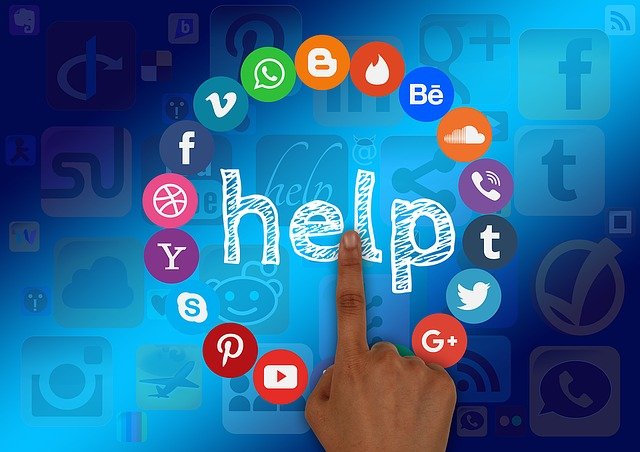The Rise of Social Media: What You May Not Know About the Networking Giant

Hi, I am Betty Knight, Owner of this site! I…
When was the last time you scrolled through Facebook or checked your Twitter account? It probably hasn’t been that long, perhaps even seconds ago.
Today, billions of people around the globe are all connected via social media. Twitter itself has over 350 million active users. That’s literally close to the population of the entire United States.
And, Twitter pales in comparison to Facebook, a social media platform that touts over 2.85 billion users.
All this being said, social media has become a dominating influence in our lives, and in billions of lives across the planet.
But, where did this all start?
You might be surprised to learn about how social media actually came to be. It didn’t all quite happen overnight, but in many ways, it actually did.
Here, we’ll explore the rise of social media and a few things that you might not know about.
Usenet
Before the Internet had its official birthday on January 1st, 1983, Usenet had been a functioning online network for four years. That’s right, Usenet was the pre-Internet network.
Usenet was developed by Tom Truscott and Jim Ellis, two Duke University college students who used their computer knowledge to send files using two Unix to Unix proxy servers, one of the original dial-up protocols used as early as in the late ’60s and up to the early ’90s.
Originally, the intention of these grad students was to simply send files to a colleague of theirs at the University of North Carolina. This being successful, Usenet then fell into the computer subculture of the ’80s and was the template for the chat rooms that sprouted up during this decade and into the ’90s.
Though it’s debatable, Usenet is largely considered one of, if not the first social media network. And, it still exists today. Anyone can log into Usenet and join any one of the volumes of discussion boards on the network.
Though Usenet can be accessed via the Internet today, it’s best to get started using Usenet by subscribing to a Usenet service provider.
MySpace & Facebook
Years after Usenet went online, in the first decade of the new millennium, contemporary social media was born.
You might remember MySpace, the online profile that was extraordinarily slow to load due to all of the music, pictures, and graphics that one simple page contained. MySpace actually launched in 2003, and from 2005 to 2008 was the largest social platform in the world.
Though the MySpace user base has waned considerably, MySpace is still around today.
MySpace was successful to a point, and that point was reached when everyone began creating profiles on Facebook in 2008.
Originally launched as “The Facebook” in 2004, this platform was the brainchild of Harvard University student Mark Zuckerberg, now one of the wealthiest and most influential billionaires on the planet.
Reportedly, Zuckerberg created Facebook after having a few beers in his college dorm room as a way to make University profiles and communicate on college campuses. This idea took off like a rocket in the few years after its launching, nearly wiping out half of all MySpace users as they jumped ship and created Facebook profiles.
Today, Facebook, next to Twitter, is the largest social media network in the world and, as more people connect, continues to influence people around the world.
Going Forward with Social Media
Though we are now all connected in some form, social media is showing no signs of slowing down whatsoever. As Facebook and Twitter still remain industry giants, many other alternatives have popped up as well.
Today we have LinkedIn, Google+, Instagram, Snapchat, Hangouts, Tumblr, and so many more networks all competing for users’ attention, and in some cases, their wallets. And to think, it all had humble beginnings of simply wanting to share valuable information among college students to now becoming a networking powerhouse, socially and professionally.
Though social media is “free” to use. A word of caution must be added here. Once you create a profile, you’re in the public domain, and these companies make money largely off of the ads and products that affiliates place on social media sites in hopes of gaining attention, clicks and, of course, money.
Social media is most likely here to stay, and it’s history is definitely worth the intrigue its presence has caused. Who knows what the next big platform will be!
What's Your Reaction?
Hi, I am Betty Knight, Owner of this site! I am a 'nearing 30-year-old', happily married to 1 awesome man. We live in the beautiful tourist town of Franklin NY.



